“New US$69.99 price may negatively impact PS5 game unit sales, data suggests. Reports indicate that PlayStation users are buying less (sic) games, and Sony’s data suggests that higher costs are a reason why unit sales have dropped.”
This lede, published by TweakTown, seems ludicrous. It’s one of those real stating-the-obvious moments. Of course a rise in the unit price for any product will result in fewer unit sales. It’s why many people want a Lamborghini… but instead drive a Kia. It’s why 100 Mcdonald’s burgers get churned out from each of those restaurants for every single $200 steak at the fine wagyu dining restaurant just down the road.
But after having my moment of incredulity over what writers in games journalism will actually publish when clicks are on the table, I then sat back and started to think more carefully about the implications here. The TweakTown report is really just a dive into the numbers from Sony and Activision’s recent financial results, so we don’t know what the publishers actually think. However, we do have an industry here where unit sales mean a disproportionate amount to publishers. It’s why games get deep discounts just weeks after they launch. Every publisher desperately scrambles to hit as many units sold as they can.
We also know how the community itself responds to the $70 price point, because you can’t publish an article about a videogame without someone leaving a comment to the effect of “too expensive, I’ll wait for the sale.”
In other words, we know that the sentiment here is that the $70 price point was an unwise strategic move by Sony and it’s hurting its business. The step-on implication here is that if Sony reduces its price back to $60 everything will be okay again and the money will flow in like an ocean into a lagoon.
And it’s that implication or assumption that got me thinking, because I don’t actually think this assumption is warranted. For example, over in the world of Nintendo, the company is about to release its latest Zelda game. It too will have a $70 price point in the US. I’m not much of a gambling man, but I would bet that the Zelda game will sell fine. Even with the looming recession and inflation killing off consumer discretionary spending. It’s still going to be a big hit.
And so, I’d like to put this out there: the problem that the likes of Sony and Activision face has nothing to do with the price point. It has to do with the quality of their games.
People pay for quality
It is entirely possible to build a healthy business model around products that don’t sell to everyone on the planet. I’ve already mentioned Lamborghini. Lamborghini sells fewer than 10,000 cars every year. By contrast, Kia sells around 2.6 million. You can scale this down too. Funko might sell millions more of its cheap, factory-line toys, but Volks has a healthy business model selling $1,000 Hatsune Miku dolls to real collectors. Staying on that train of thought, if you’re a fan of Hatsune Miku, you need to get your pre-orders in for each new Good Smile figure early. Often, it’s as much as a year in advance, because those $400 figures sell out well before they even get close to the shelves.
In the art world you can buy your favourite band’s new album for about $20, and yet people pay hundreds to go and hear them play it live. You can read Shakespeare for free, and yet people, again, pay hundreds to go and see it performed. Fewer people splash out like this, certainly, but the audiences are enough to fill theatres and concert halls, and keep these art forms alive in a way that the commodified versions don’t. For years now it’s been a sad reality that music is only viable through live performance sales. Spotify income means nothing.
Even closer to home in the video game industry, we’ve currently got companies competing with one another to create more expensive and most premium controllers. Most serious gamers invest in high-quality headsets and keyboards. Everywhere you look, healthy business models are built around premium products and experiences, and by contrast, very rarely do the commodity brands command much attention (or last very long before declaring bankruptcy).
The point of all of this is this: pricing does not actually mean what many people assume it means. Selling fewer units is not an inherent sign of a weak company, and fewer people buying a product is not a reflection of its quality.
Instead, the real battleground that smart companies fight over is quality, and this is what trips up the likes of Sony and Activision.
Derivative art is not quality art
Sony, Activision, EA, Ubisoft and Microsoft’s big studios all make games that look like they cost tens of millions to make. They all follow the best game design practices. They all check every box in the “make an excellent game” checklist. And they’re all rewarded with glowing reviews on Metacritic and Geoff Keighley polishes their… trophies… every year at that Game Awards thing. The data and metrics tell them that engagement is high. Fans of these companies harass the hell out of anyone that criticises them, to the delight of the people working at those companies. As far as Sony and Co understand, they’ve got game development refined to factory precision.
Here’s what I would say, though: They’re not good games. Not if creativity matters, because that’s one box they leave off the checklist. It’s the one metric that is both risky (creative ideas are sometimes bad) and impossible to measure though inhuman and cold math algorithms.
We’ll take Sony as an example. Yes, you could buy the newest Sony: The Game to play on your Sony PlayStation 5. It’ll have all the relatable characters that you expect from Sony: The Game. It’ll show that Sony’s studios care about diversity and inclusiveness. The accessibility features will be exceptional, and the adventure will be a spectacular, blockbuster thing. Even the opening production logo that Sony has now apes the Disney one. None of that is by mistake. This exact formula – and it is indeed a formula – is what Sony applies to all of its projects.
But think about this: You can already play lots of Sony: The Game on PlayStation Plus. Just the other day I’ve been watching as a good buddy of mine has been tweeting out about his experience playing Days Gone, a Sony: The Game. He’s having a blast with it. There’s Horizon, Uncharted, The Last Of Us, God of War and Ghost of Tsushima. You’ve got a hell of a lot of Sony: The Game that’s “free”, and that’s going to disincentivise you from feeling the need to buy the next Sony: The Game for $70.
If Sony was genuinely concerned with unit sales, I would suggest this: If Sony published a high-quality Tokyo Jungle (and resisted turning it into Sony: The Game, Tokyo Jungle Edition) then it would find a willing audience at $70. A remake of The Legend of Dragoon (which, again, was not morphed into a Sony: The Game take on it) would put a hell of a lot of pressure on Final Fantasy XVI. Sony has a deep library of highly creative games that it used to publish that gave people a variety of experiences and, in doing so, added value to people’s gaming libraries. Endlessly releasing Sony: The Game, however, is not adding value. Instead, it’s promoting commoditisation and a decline in the overall value of the library, since with each new one, there’s less of a reason to play the next one.
People rip on Nintendo a lot for insisting that its games have value and rarely discounting. But Nintendo doesn’t compete with itself by saturating the market with its own games. Zelda is its only Zelda-like. Fire Emblem is different from Mario, and Metroid Prime is not Pokémon. Nintendo’s library is additive. It builds the value of the console and its overall library the more Nintendo releases into it. Meanwhile, all the major Western publishers seem so terrified that one of their games might fail to perform that they’re regressed to the point where they only really make one or two kinds of game. Long term, that is simply not going to be sustainable.
So I don’t think the problem that Sony has with declining unit sales has anything to do with the price. Enough people will pay $70 if the game is worth $70. The problem is that, while they look like they cost $100 million to make, Sony’s games are simply not worth $70. Whether the audience is aware of it or not, people are not annoyed with being asked to pay for a game. They’re annoyed that they keep paying money to have such a limited range of experiences. It’s not a pricing issue. It’s a quality issue.



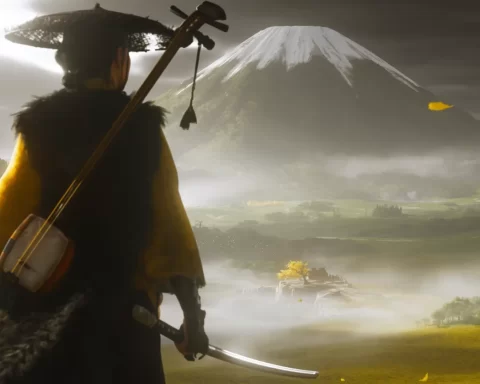
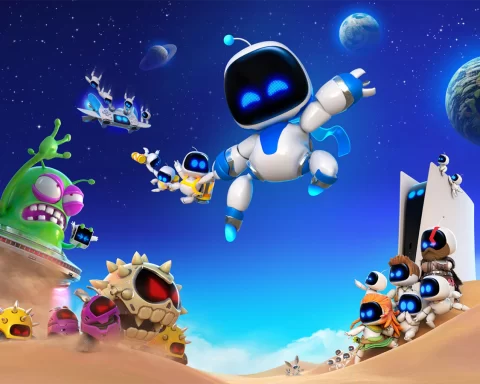
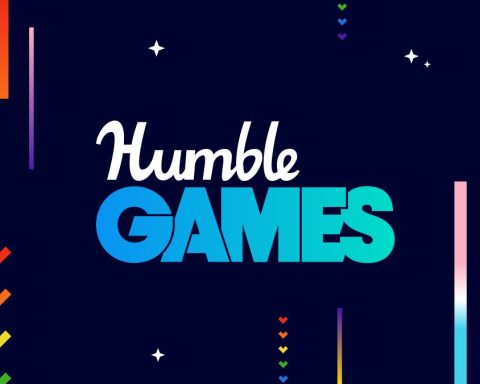
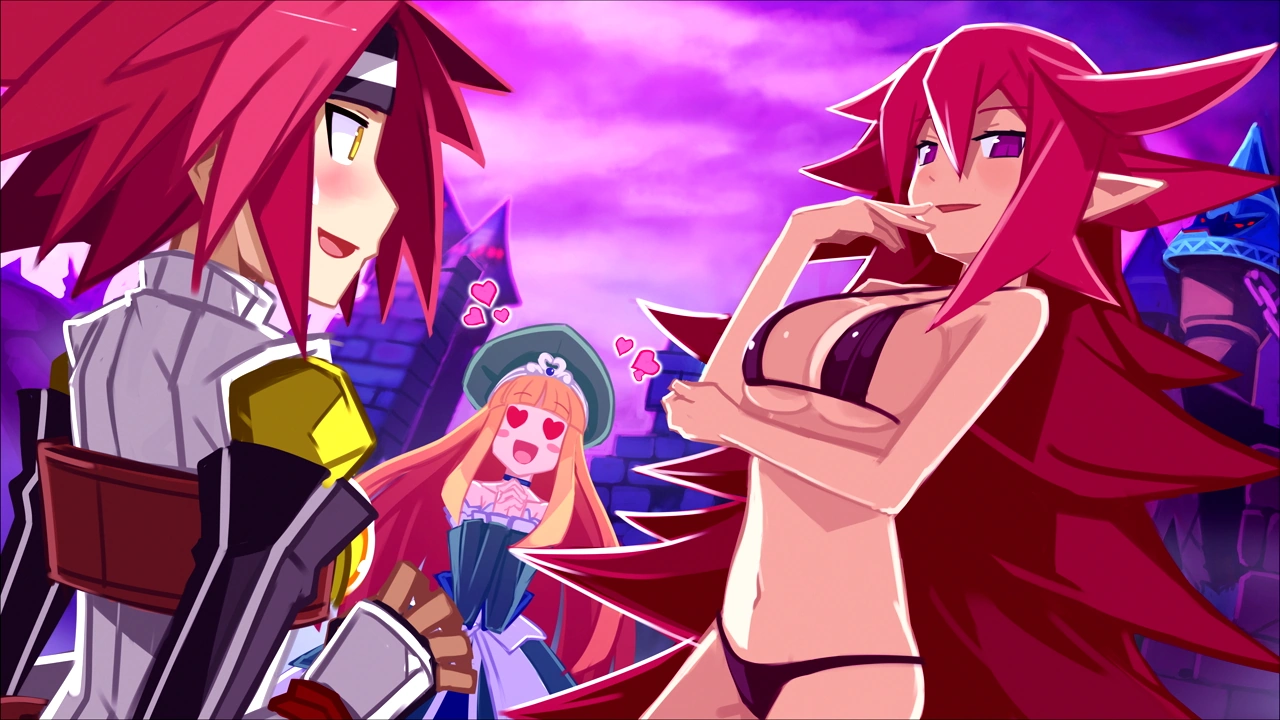
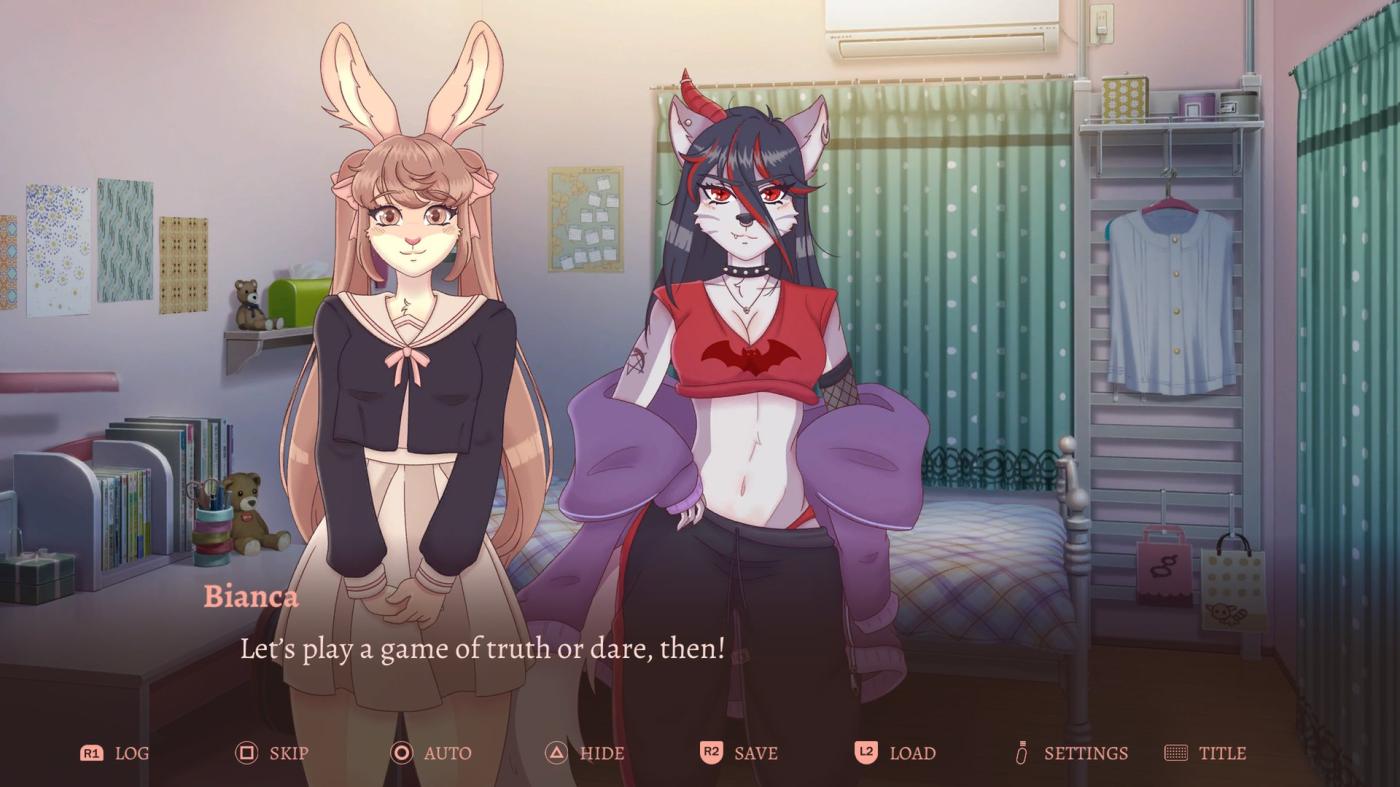
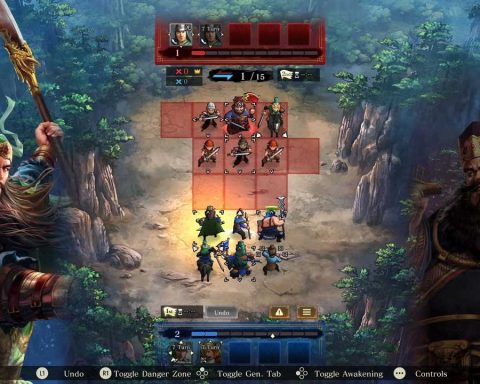
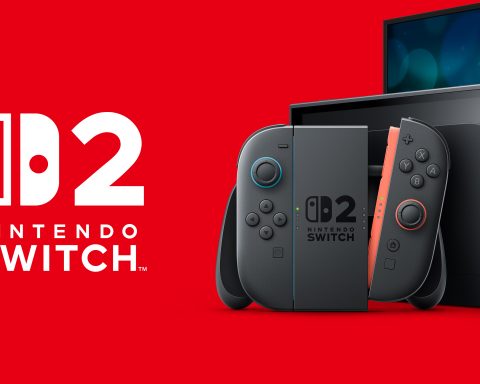
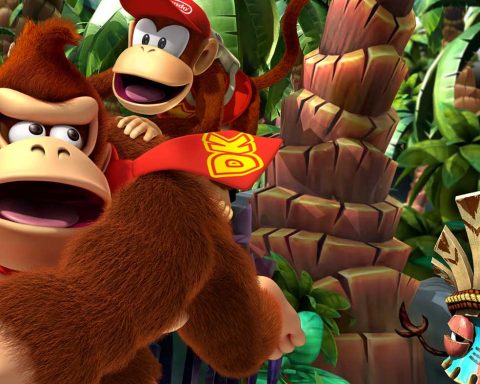
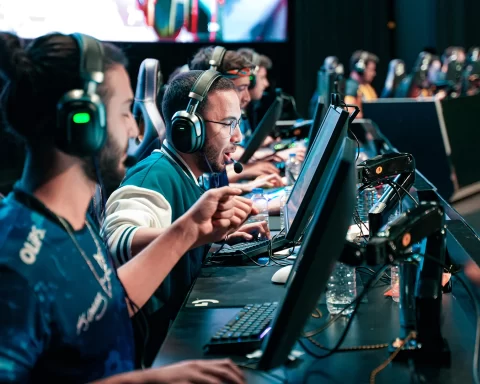
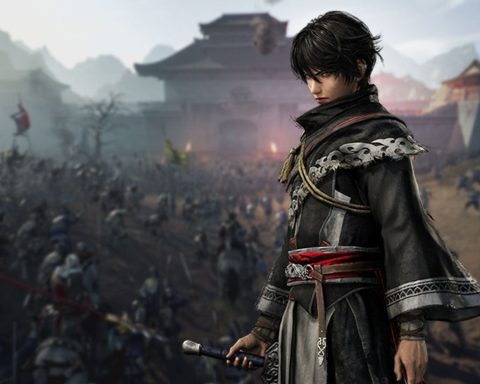
I whole heartily agree with you on the quality of Sony’s games. As mentioned on Twitter last night, I can’t remember the last time I bought a first party Sony game.
The other thing that contributes to the decrease in sales (and you sort of touched on it), is that the industry has shot itself in the foot by discounting games weeks after its release. Nintendo doesn’t do this, so yes Zelda is easily going to sell a bazillion copies.
I know that my buying habits have drastically changed in the past year. I used to be one of those who would buy every game I wanted to play day one. Then I realized, “what’s the point?”. The game is going to be discounted AND I’m enjoying this current game I’m playing right now and don’t want to risk being distracted from it just because of shiny new thing.
Yes, conditioning people to expect sales/ Game Pass releases really was a mistake, as far as traditional business models in the games industry goes. I’m still not convinced people are going to be happy with the long term implications of this, but it’s too late to walk it back either.
I disagree with you vehemently here, Matt. I’m pretty surprised this is your view.
I can’t really speak to Playstation’s much higher prices in Europe, Aus/NZ, Asia and ROW, because it seems that they raised the price of software significantly more than $10 USD in those regions this gen. I have friends in the less wealthy countries of southern Europe who feel like it’s much harder to afford Playstation games this gen than it was 5 years ago. Xbox is already lowering prices in many regions to be competitive.
But the USA game price that has all those ‘culture of complaint’ USA gamers up in arms — the price bump from $60 up to $70 — is long overdue. Final Fantasy 16 and some other big-budget Japanese games will surely also be $70 moving forward. There are other games, with smaller dev budgets, that are still going to be $60 or $50. We’re going back to the 90s videogame economy of many different price-points (instead of everything at $60, like the last 10-15 years). Of course, any game that thrives on microtransactions like the yearly FIFA has no business charging a $70 up-front fee. Those games should be $40 (or free), since mtx bring in so much revenue. ‘TLOU remake #12’ shouldn’t be $70 either — that’s highway robbery. Destruction All-Stars is a terrible game, so luckily Sony dropped their planned $70 price-tag to $20 and put it up for free on PS Plus.
But the most high-budget, high-demand, high-quality games like Final Fantasy 16, as well as the first-party games you disparage like Ratchet and Clank Rift Apart, Horizon Forbidden West, and God of War Ragnarok absolutely, positively are good enough games to charge $70 USD. They are some of the best videogame experiences I’ve had in the last 3 years. With games like these four — even if they are not your favorite games — it seems very disingenuous for you to say that it’s a “quality issue”, and that’s why those games aren’t selling more millions. Their metacritic scores are 88 minimum, and they are highly praised by most people who play and finish them.
I’m not sure if you’re aware of this, but USA inflation is going up fast just like a lot of other countries. The $70 USD price tag for Zelda: Tears of the Kingdom is actually a LOWER PRICE (in real spending power) than the $60 USD everyone paid in 2017 without complaint. $70 in 2023 is worth less than $60 in 2017. The US Dollar is worth 50% as much today as it was in the mid 90s, when we were paying $80 USD for Earthbound on SNES (the equivalent of $160 USD today).
Not every game they charge $70 for is worth $70 — I completely agree with you there. But the good games with sky-high budgets and 5-year dev cycles absolutely merit those prices. The main reason more millions aren’t buying PS games Day One is that Sony and the third-parties leap to discount their games just a month or two after release, and then DEEP discount them within a year. Nintendo on the other hand will sell a ton of Zelda TotK at $70 USD, because everyone knows NIntendo doesn’t really discount their first-party games. You may find them on a one-week sale for $40 two years after release. That’s it. So Nintendo fans don’t wait, they just buy the games for full price.
Xbox Game Pass (and to a lesser extent the expanded PS Plus) is also greatly affecting the launch month sales of PS and XB games, not just in the US but worldwide. Sony and Microsoft are conditioning their customers to buy games at deep discount, or just play whatever the Xbox overlords decide they may play on Game Pass/PS Plus. The younger generation has no desire to pay good money for good games — and this may destroy the economy of videogames for good. It’s not (as you claim) because Ratchet, Horizon, God of War, and FF16 lack quality. I always agree with you that quality is important, that looking at videogames as art is important — but the economic danger from these pricing phenomena is just as endangering to the future of videogames as an exciting, vibrant medium. I have this fear: pretty soon, all videogames will be free-to-play, and monetized by (required MTX). That is the future we’re heading for, if people think that Final Fantasy 16 isn’t worth paying $70 USD for.
I think you’ve missed what I’m saying here a little, bud. I agree that games at the upper end need to be $70. I’ve got no criticism of the pricing. What I’m saying is that the reason unit sales are dropping for some – but not all – companies is not because of pricing. It is other factors.
As far as Sony goes, I think you actually answered it yourself. You can get GoW, Horizon and The Last of Us on PSPlus already. All of these games are made with a similar approach – let’s call it the Sony Game – and so, why on earth would you buy a new one at $70, when there is already plenty of them available for “free”
Discounting plays a role too – I mention that in my article – but if people are genuinely excited for a new game they don’t wait for it to be discounted.
I think that there are a lot of people that are disillusioned with Sony’s games now, and have generally lost interest in them. Of course there are still fans like yourself, but Sony has not gone from millions and millions of units to nothing. The decline has been softer, and my read on it is that the shedding of sales has to do with the lack of variety in Sony’s catalogue – the “quality” that I talk about in this piece.
I believe that if Sony gets back to a place where it publishes stuff like Gravity Rush and LittleBigPlqnet and Oreshika and Tokyo Jungle and Rain, it will see a return of a broader range of fans and improved unit sales from there.
OK, well I guess I must have misread you somewhat. But I don’t think a new crop of niche Japanese games (which I would super-enjoy as well — they’re a big part of what made Vita and PS4 so special) are going to invigorate PS5 sales. Which of these two do you think would sell more game copies and more consoles, excite tens of millions of mainstream gamers, make more money for Sony and for game publishers?:
A. Twenty new games built creatively and artfully like Gravity Rush and Oreshika (which would make you and me so happy as gamers),
OR…
B. One by-the-numbers remaster of GTA V or San Andreas? Or for that matter, one successful PS-exclusive CoD-clone, with great and trigger-fast online play? (both of which you and I would likely ignore)
I really don’t feel the slow sales growth of $70 games is a question of quality.
Also, I feel like the PS5’s game library in its first 2.5 years is pretty great, including those three or four $70 games. Better perhaps than PS4’s first 2.5 years. Third-party games (mostly JP) are saving PS5 for me so far — since outside of those 3 big western games I mentioned, there’s not much coming from the west outside of a few interesting indies. The PS4 game library started off kind of experimental in its first year or two, then took off and was really exciting from 2015 on, but I’m still not sure about PS5’s future. It feels to me like it will be a console with fewer/bigger good games that I will enjoy playing, compared to PS4’s wider variety of games of all shapes and sizes. There were roughly 100 games per year on PS4 I found worth playing (many small, and many going on sale soon for <$10) — whereas even though I'm happy with PS5 so far, it's more like 30-40 games per year worth playing (and at least half are "bigger" games, several of which I'm paying $60 or yes even $70 for, and worth it).
I’m not really concerned about Sony… by that I mean that even if the extreme happens, the PS5/PS6 falls over and fails completely, and Sony exits the market (which of course won’t actually happen), I’m not going to lose sleep over it. All these amazing portable consoles and so on mean that we can focus purely on the games, and not the platforms that we play them on.
I’m also not concerned with mainstream success. As long as a company is sustainable (so my favourite companies continue to make games I enjoy), I’m not fussed if a game sells ten million copies or not.
In fact, I would rather companies find ways of being sustainable without going “mainstream.” A company like Koei Tecmo produces so much stuff I love without needing to hit Sony or Rockstar sales numbers, and they can do that because they have a business model that allows them to produce games more cheaply that hit small groups of consumers rather than “the mainstream.”
Note: Niche audiences are actually more lucrative, too. When brand loyalty kicks in and people *want* to support the artists at the company, you tend to have better revenue models and can charge a premium. That $70 figure is much more sustainable when selling to 100,000 loyal fans (who will then buy merchandise, buy the game on multiple platforms, pay for limited editions and so on) than trying to convince 10 million people to buy it, when they’re not *that* invested in it.
Certainly the market is in great flux right now. There are multiple disruptions to business models, as well as macroeconomic factors, that are forcing changes on how games are made and played. My read on all of this is the commoditization of aiming product development at the mainstream is going to hurt far more companies than redoubling down on creating art and accepting that you’ve got a smaller audience for it.
Some interesting thoughts. I too ‘would rather companies find ways of being sustainable without going “mainstream.”’ Square Enix for example has taken a fair number of non-mainstream risks the past few years, with mixed results (including their horrible and ongoing blockchain gambit). But I like a lot of those (non-blockchain) games and totally respect their efforts, despite the flak that games like Balan Wonderworld, Oninaki, Valkyrie Elysium, NEO TWEWY, Stranger of Paradise, Voice of Cards and Dungeon Enconters get. A lot of makers of AA and indie games in various niches are barely making it these days. And forget about experimentation outside of established genres! Today that is considered a road to the poor house.
I especially agree with what you say at the end. If the Jim Ryan and Phil Spencer-style “make-the-shareholders-happy” method of “aiming product development at the mainstream” continues, to the expense of all the wonderful niches videogames have sustained in the past … well, videogames won’t be too interesting in 20 years. Kind of like music, movies, and most TV is uninteresting today, since executives in those industries shifted gears 20-30 years ago to almost exclusively mainstream pablum. You have to search so hard to find good new music. I teach young people, and they are so bored with music, movies, and TV today. Remember how excited we were about those things when we were kids/teens? What if a mention of videogames in the year 2050 elicits only a bored yawn from teens? (All hope is not lost though — my students still love videogames in 2023! Some of them even play the good ones…)
Great point(s).
I personally stepped away from the PlayStation ecosystem entirely because I just didn’t want to buy any more remasters. Not that I hate them outright, but I was hoping for way more upgrades to my existing library (without paying extra), and it felt as if some games were abandoned on purpose to sell a “director’s cut”, a “definitive-game-of-the-year-now-in-60fps-edition”, or an entirely new game somewhere down the road.
PS: I’m sure there’s something brewing with Bloodborne, and I’m certain it will make me happy once it arrives. And yet, I’m sad that the original isn’t at least patched a little to take advantage of the new console and make it available for a new audience. Hence, I’m at home on PC now, where games get abandoned just as much, but with some tweaks and a couple of mods, the community can actually do something about it… most of the time.”
I really wonder what is happening with Bloodborne. Sony knows full well the demand for it, so it’s sitting on it for a reason. I suspect a full-scale Demon’s Souls remake is on the cards. It’s just a matter of when it’ll be announced.
I’ll buy into that, of course. I mean, I end up playing most of Sony’s games (but then it’s also my job). As to whether I’d be *excited* for it… I dunno. It’s a really fine game – as Demon’s Souls is – but I don’t find remakes that simply make the games prettier all that inspiring. Inspiring is the FFVII Remake, which completely changed the entire FFVII ethos.
Well said. The Last of Us Remake was such a case. I’m sure it’s perfect for newcomers to the series, but personally, I was only thinking about all those resources and what new game(s) could have been made with them.